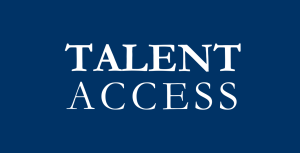The Demand for Equal Pay Has Been Increasing for Three Years

While the number of equal pay cases reaching the Ministry of Justice remains significantly lower compared to the 30,000 peak in 2017, the rise in equal pay claims comes at a time when progress on pay equality in the UK has stalled. Since records began in 1997, the gender pay gap had been steadily narrowing, with the exception of the 2008-2009 period. However, progress halted during the Covid-19 pandemic. Since 2020, the average pay gap has only decreased by 0.6 percentage points, and for full-time workers, it has actually widened by 0.7%.
One significant factor contributing to the gender pay gap is the unequal distribution and undervaluation of both paid and unpaid care work. Women who wish to take on paid employment are often compelled to reduce their working hours or leave the workforce entirely, due to their disproportionate share of caregiving responsibilities. This dynamic highlights how the structure of care work, both within the household and in broader society, plays a key role in sustaining wage inequality.
However, it is emphasized that pay transparency plays a crucial role in fostering pay equity. Transparency in wages not only promotes fairness but also aids in identifying disparities. Moreover, it can help employers detect pay discrimination, which could otherwise negatively impact their organizational reputation.
That said, a potential downside of pay transparency for employers is also noted; employees may gain access to the information needed to negotiate salary rates and challenge potential discrimination.
A new study reveals that nearly two-thirds of companies across Europe (65%) are considering providing salary information for all positions, regardless of local regulations. In the UK, companies with over 250 employees are already required to publish pay disparities
Experts remind employers of the necessity to compensate employees competitively and ensure equal pay. Increasing regulations and large-scale equal pay claims are pushing companies to focus more on salary transparency.
It is highlighted that the rise in the number of equal pay claims is not a positive development for employers. The fact that it often takes years for employees to secure their right to equal pay, and that courts should not take such a long time to make decisions, is emphasized. Research shows that fair compensation is fundamental to employee engagement, and employers are encouraged to invest the necessary time and resources to address this issue.
